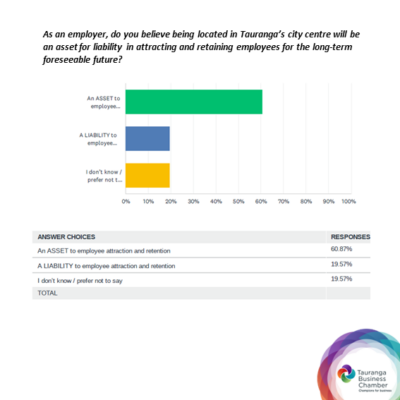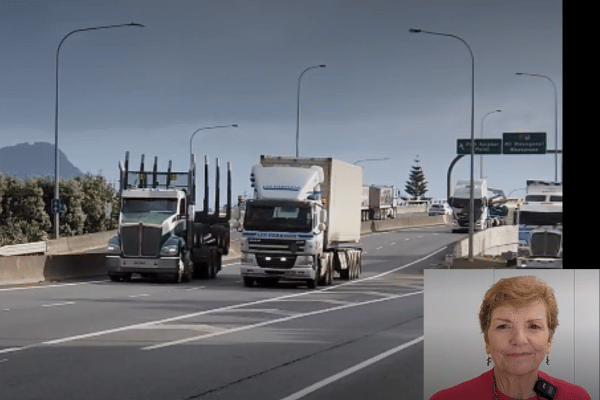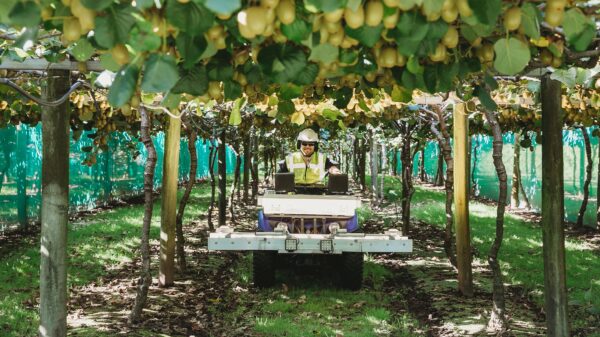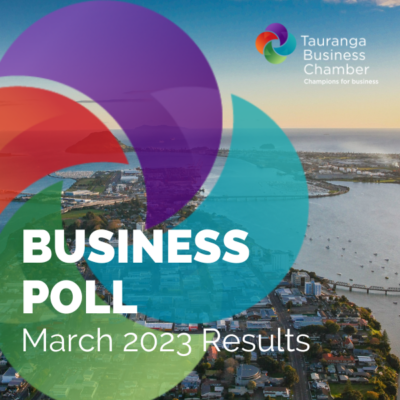The last year has brought huge changes to the business landscape.
The New Zealand government has implemented several assistance packages for business owners to help them get through these challenging times.
The assistance provided has been in a number of different forms – some by way of changes in tax legislation and other assistance through direct wage subsidies, loans and support payments.
One year after we spoke with BDO Tauranga about the tax changes last April, we’ve asked the team to provide an update.
This Q&A with Linda Finlay, Associate of Business Advisory Services at BDO, will cover changes to the COVID-19 support provided by Government and tax changes that were made to try to reduce the tax obligations of businesses.
What is the tax loss carry-back scheme and is it still applicable?
Almost all types of taxpayers – companies, trust and individuals – would be eligible to carry back losses made in 2020 and 2021 against profits earned in the previous year (2020 and 2019).
With the tax filing season for the 2020 tax year drawn to a close, most businesses that qualify will carry back losses made in the 2021 tax year to the 2020 tax year. These tax losses can be calculated on a filed tax return or by provisional tax estimates.
OTHER TAX CHANGES
What are the changes to the rules for writing off low-cost assets and how can this help my business?
The minor asset write-off threshold allows business to deduct the full cost of an asset immediately within the year of purchase, rather than claiming depreciation to recognise the cost spread over several years.
There have been two changes to the thresholds for low cost assets which can be written off.
As a temporary measure, any asset purchased between March 17, 2020 and March 16, 2021 with a value of $5,000 or lower qualifies as a minor asset and can be written off in the year of purchase. From March 17, 2021 the value for minor assets is permanently increased to $1,000 (previously this was $500).
It is important to note that if you buy several minor assets with the same depreciation rate at the same time, the threshold applies across all the assets purchased at that time, not on an individual item basis.
This is not a cash hand-out, but an increase in the amount which is immediately deductible will assist business by reducing the taxable profit and tax payable.
Can I claim depreciation on my buildings and which buildings qualify for the depreciation tax deduction?
Newly introduced tax legislation following COVID-19 has reintroduced tax depreciation on (non-residential) commercial and industrial buildings.
Depreciation can also be claimed on newly acquired buildings and capital improvements made to existing buildings from the 2021 tax year. The depreciation rate will be 1.5% calculated on a straight line basis or 2% based on diminishing value.
For entities that had previously been claiming depreciation on their commercial buildings, this change will allow for a reduction in taxable income for the 2021 tax year. While this increased claim may result in a depreciation recovery on sale at some future point, it does give the owner a cashflow boost in the meantime.
There has been an increase in the tax rate to 39% – how will that affect me?
From April 1, 2021 a new personal income tax rate of 39% per cent on annual income over $180,000 has been introduced. This 6% increase in marginal tax rates will increase the income tax being paid by individuals earning more than $180,000 and also has a flow on effect to the fringe benefit tax rates. FBT rates have been increased in line with the new tax rate.
A corresponding new 39% resident withholding tax rate on interest has also been brought in with effect from October 1, 2021 to ensure that the correct amount of tax is withheld at source.
The change in the marginal tax rate will also affect the employee superannuation contribution tax (ESCT) rate increasing it to 39%, with the ESCT threshold increased to $216,001.
If your personal income is over $180,000 you will be paying more personal income tax.
Is there still support for businesses in respect of COVID-19?
Although the wage subsidy and resurgence wage subsidy application deadline has passed, there are still several ways for businesses to get support from the government to ensure their survival.
Some of these incentives include the Business Finance Guarantee Scheme, Small Business Loan Scheme and Resurgence Payment Support. We have outlined the key aspects of each of the support packages:

- Business Finance Guarantee Scheme
Businesses are still able to apply for a loan through the Business Finance Guarantee Scheme at their bank of choice, until the closing date of June 20, 2021.
To be eligible for the loan the business must be New Zealand based and impacted by COVID-19. The annual turnover of the business must be between $250,000 and $80m. The Government has placed some restrictions on what the loans can be used for, for example only 5% of the loan may be spent on capital and loans cannot be used to on-lend to another business.
It is important to note that although the Government will be co-guarantor for the loan, the banks will still go through the normal credit application process.
The Government has excluded certain business categories from the loan:
- Property development and property investment
- Local government (i.e a local authority, a council-controlled organisation or a council organisation for the purposes of the Local Government Act 2002)
- The supply of recreational cannabis
- The processing of whale meat
- The manufacture of cluster munitions, nuclear explosive devices, anti-personnel mines, tobacco, and civilian automatic and semi-automatic firearms, magazines or parts
- Agriculture (this does not include horticulture, viticulture, aquaculture, or services to agriculture)
- Any other activity notified by the Crown to banks in writing, with effect from the date of that notification.
It is very important to note that banks will still ask business owners to provide security and guarantees of up to 20% of the loan. If the business defaults on the loan, the bank will first call up the security and guarantees provided by the business owner, before attempting to recover the remainder from the government.
- Small Business Loan Scheme
The Small Business Loan Scheme was introduced to support businesses that have 50 or fewer full-time equivalent employees. The loan is open to small to medium business and organisations, including sole traders, self-employed individuals, not-for-profit organisations and trusts.
Businesses are able to apply for a loan to the maximum value of $10,000 plus $1,800 per full-time equivalent employee.
The annual interest rate is 3%, beginning from the date of the loan being provided, however interest will not be charged if the loan is fully paid back within two years. Businesses have until December 31, 2023 to apply for the loan. If a business pays back an existing SBCS loan before December 31, 2023, they are able to re-borrow for one further time.
Not all businesses will automatically be eligible for the SBCS loan and the eligibility criteria listed by the IRD are as follows:
- The business must have 50 or fewer full-time equivalent employees.
- All commonly owned groups of business and organisations will be treated as one single entity at the date of application.
- The business and entity must be operational for at least 6 months before making the application.
- The business must experience a 30% decline in revenue due to COVID-19 measured over a 14-day period in the six months before applying compared with the same 14-day period of a year ago; or
- If revenue from the same period of a year ago was affected by COVID-19, compared with the same 14-day period of two years ago; or
- If the organisation was not in existence a year ago (or if the above applies – two years ago), compared with the same or similar period in the previous month.
This application can be rather tricky and we recommend that an external advisor, such as an accountant assist with the application and measure of eligibility.
- Resurgence Support Payments
The Resurgence Support Payment (RSP) is a payment to help support businesses due to an increase in COVID-19 Alert Levels of 2 or higher for seven days or longer. The payment is only available to businesses if the organisation is facing a reduction in revenue due to the alert level increase.
When the RSP is activated, eligible businesses can apply to receive the lesser of:
- $1,500 plus $400 per full-time equivalent employee, up to a maximum of 50 full-time equivalent employees; or
- Four times the actual revenue decline experienced by the applicant.
Unlike the Business Guarantee Scheme Loan and the Small Business Loan Incentive mentioned above, the Resurgence Support Payment is not a loan and does not need to be repaid.
To be eligible for this payment businesses must:
- Experience a decrease in revenue of at least 30% due to the increase in Alert Level.
- Have been in business for at least six months.
- Be considered viable and ongoing.
It is important to note that businesses with common ownership will be measured across the group as a whole.
We hope you have found this brief introduction into the changes helpful.
For more information or to discuss your own specific circumstances, please contact Linda Finlay on 07 571 6280 or email linda.finlay@bdo.co.nz
















































